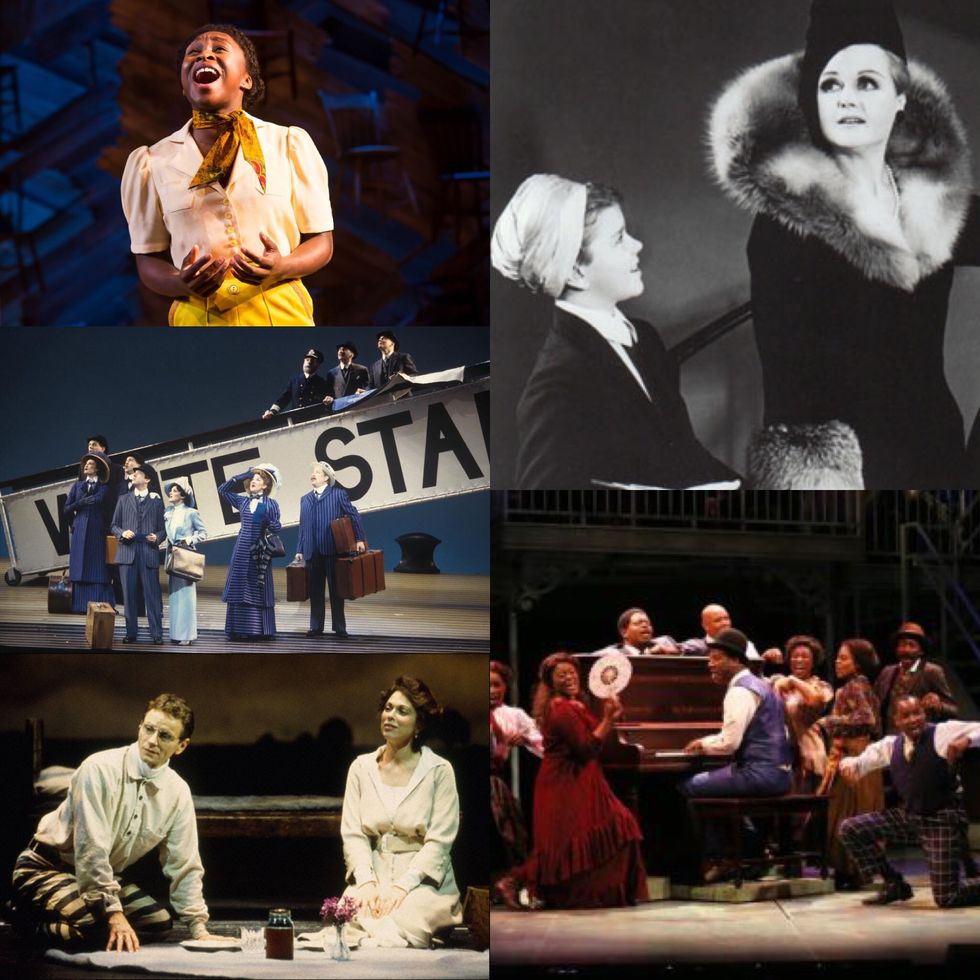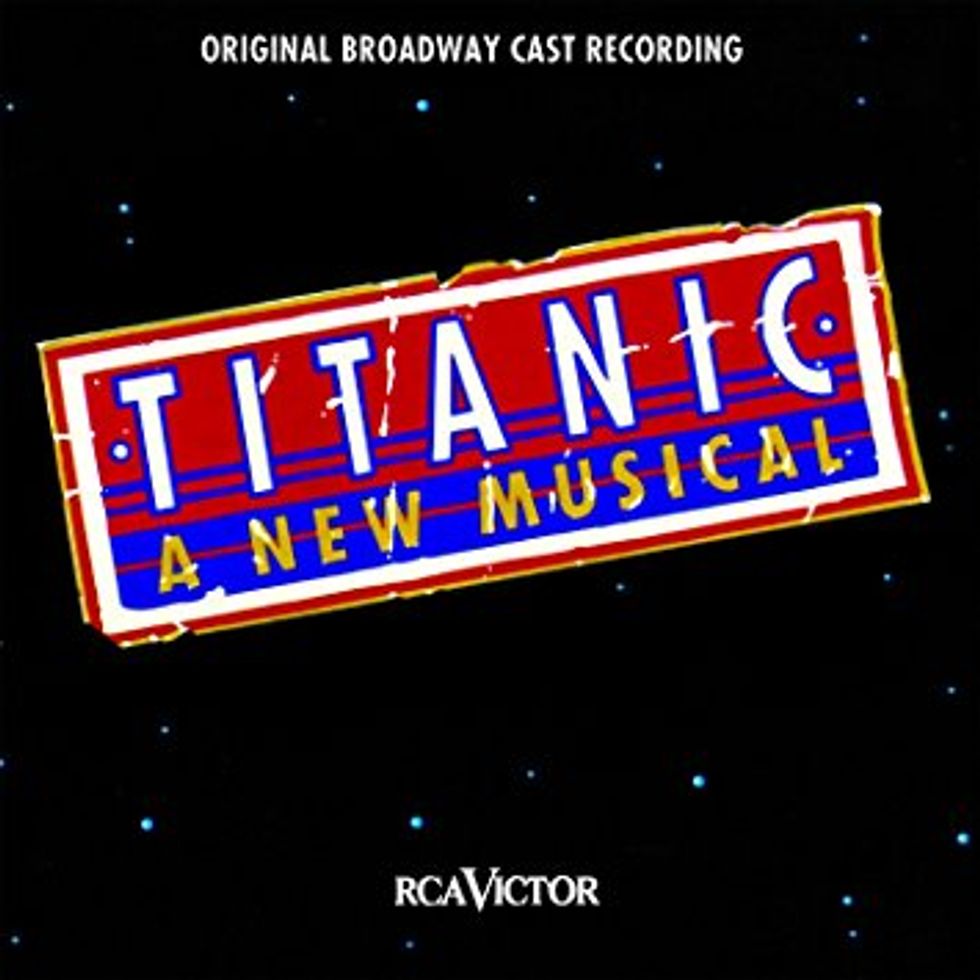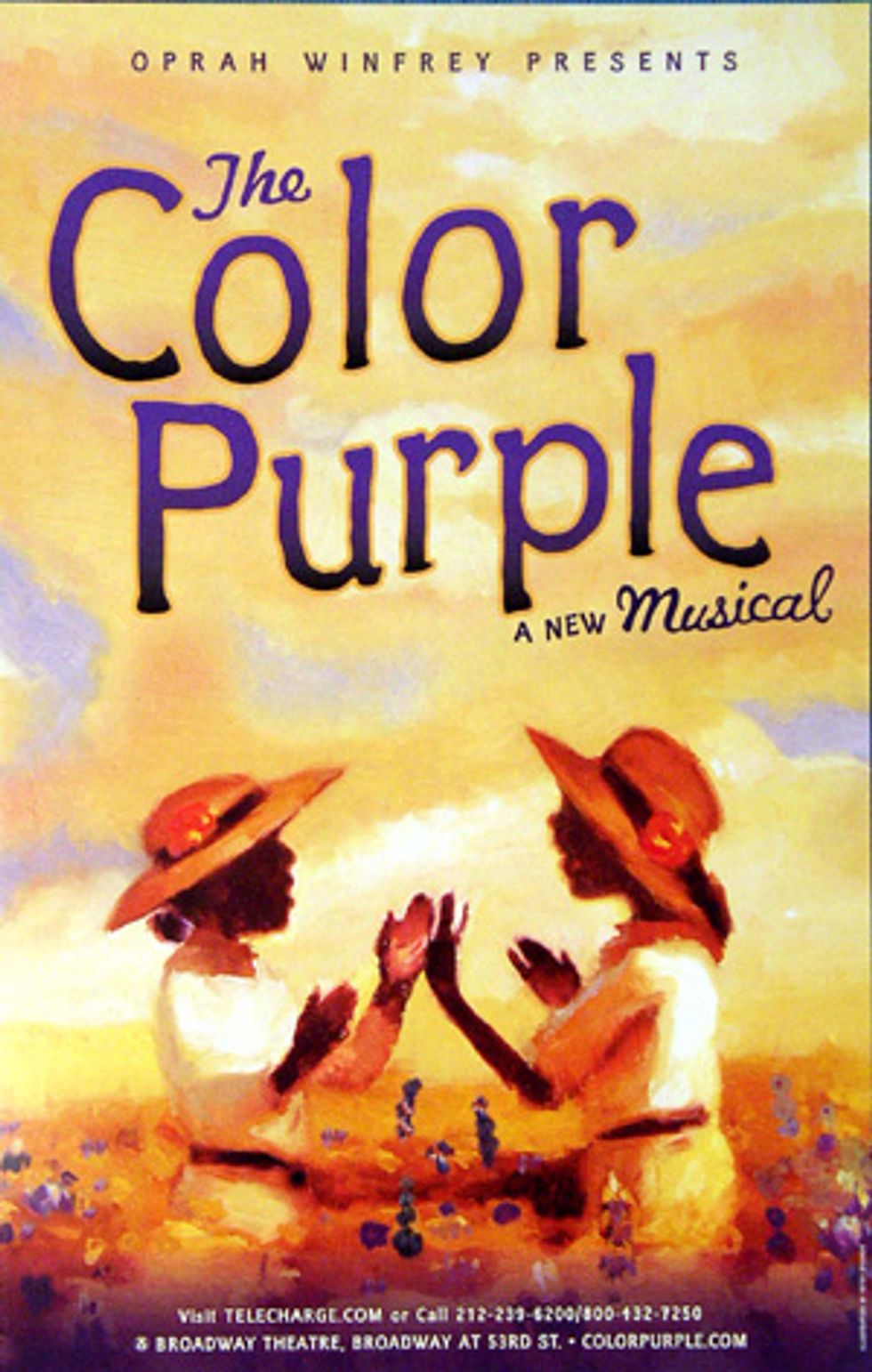The 1999 ABC version of Annie was what first got me into musical theatre, so as much as I appreciate musicals like Rent or Hamilton that use more modern genres to serve the story, I still have a bias toward more classic-sounding showtunes. It's not all that common, however, for older musicals to have as well-developed characters and stories as more modern shows. Despite this, there are some relatively new musicals that provide both. No one's saying Hamilton isn't one of the best musicals ever produced, but sometimes it's nice to get back to basics (with far less racist and sexist undertones).
1. Mame (1966)
We'll start with the oldest musical on this list. Based on the semi-autobiographical novel by Patrick Dennis, Mame tells the story of an eccentric, wealthy middle-aged woman who is given custody of her nephew after her brother's death, and tries to teach him to be open to new ideas and experiences. This proves difficult, though, when he's sent to a strict boarding school as a result of her unorthodox parenting methods, and can only see her in the summers and on holiday breaks. The show covers his upbringing from the Great Depression through World War II, and features a score by the composer of Hello, Dolly, giving the soundtrack a style that epitomizes classic Broadway.
2. Titanic (1997)
Aside from sharing the same historical basis and year of release, this show is completely unrelated to the James Cameron film. It stars an ensemble cast of passengers aboard the infamous ship, from the crew and European immigrants in third class to the designers and owners of the vessel. The soundtrack pays tribute to varying musical styles of the time, including homages to songs that were famously performed by the band on the night of the sinking. The more theatrical songs are reminiscent of musicals like Phantom of the Opera and Into the Woods.
3. The Color Purple (2005)
One that was recently revived on Broadway - The Color Purple (based on the Alice Walker novel) follows a black woman named Celie from her adolescence to full adulthood, as she rises above the abuse she's endured at the hands of her father and later her husband, and eventually learns to be content with loving herself without the need for outside validation. In addition to the ballads that have become a musical theatre staple, the songs take inspiration mainly from blues and gospel.
4. Parade (1998)
Probably one of the most underrated musicals of the 90s, Parade is a dramatization of the true story of Leo Frank, a Northern, Jewish factory superintendent in Atlanta who was wrongly convicted of murdering one of his employees in 1913. The musical tackles issues of anti-semitism, racism, and Southern pride in post-Reconstruction Georgia and, impressively, strays very little from its historical basis. There are a few characters who weren't real figures in the trial, and very little is actually known about Lucille Frank's role in the commutation of her husband's death sentence, but the story is factual outside of that. With the exception of two blues songs and a cakewalk, the score is mainly comprised of classically melodic numbers like those by Rodgers & Hammerstein.
5. Ragtime (1998)
Based on the novel by E.L. Doctorow, Ragtime follows three families at the beginning of the twentieth century - a wealthy white family living in New Rochelle, New York, an unwed black couple with a newborn son, and a Latvian immigrant working to provide for his young daughter. The families cross paths with not only each other, but historical figures like Harry Houdini, Emma Goldman, and Edwin Peary as they seek out success in a changing society. Some of the main characters find it, but for others, the country isn't changing fast enough, resulting in tragic events that I won't dare spoil. The music, written by the same composer and lyricist responsible for Anastasia and Once on This Island, showcases the same classic Broadway sound I've mentioned several times in this article, as well as (of course) ragtime, gospel, and cakewalks, and features an act one finale that will tear your heart out.



















